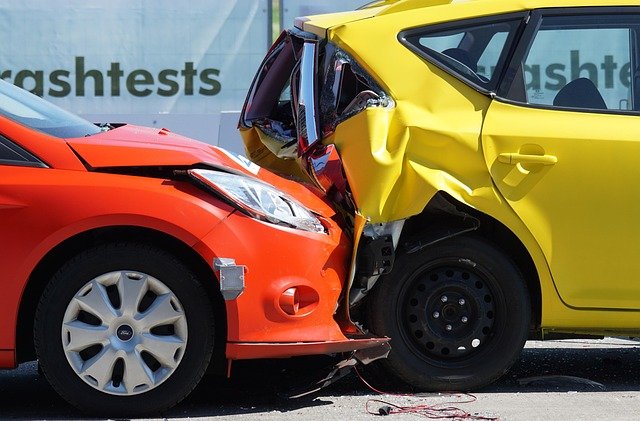The Legal Labyrinth of Autonomous Vehicle Liability
Introduction: In an era of rapid technological advancement, autonomous vehicles are poised to revolutionize transportation. As these self-driving marvels inch closer to widespread adoption, a complex web of legal questions emerges, challenging traditional notions of liability and responsibility on our roads.

Shifting Gears in Product Liability
As AVs blur the line between driver and machine, product liability law is undergoing a significant transformation. Manufacturers of autonomous vehicles may find themselves increasingly liable for accidents, as the vehicle’s decision-making algorithms become central to crash investigations. This shift could lead to a surge in complex product liability cases, potentially reshaping the automotive industry’s approach to design, testing, and implementation of AV technology.
The Insurance Industry’s Adaptation Challenge
The insurance sector faces a monumental task in adjusting to the AV landscape. Traditional auto insurance models, based on human driver behavior and fault, are becoming obsolete. Insurers are grappling with how to assess risk and determine premiums for vehicles that operate without human input. This paradigm shift may lead to the development of new insurance products specifically tailored to autonomous vehicles, potentially including coverage for software malfunctions and cyber attacks.
Regulatory Frameworks in the Fast Lane
Governments worldwide are racing to establish comprehensive regulatory frameworks for autonomous vehicles. These efforts aim to balance innovation with public safety, addressing issues such as testing requirements, data privacy, and cybersecurity standards. The challenge lies in creating flexible regulations that can keep pace with rapidly evolving technology while ensuring stringent safety measures. Some jurisdictions are exploring the concept of a “digital driver’s license” for AVs, which would certify the vehicle’s ability to operate safely in various conditions.
Ethical Algorithms and Legal Accountability
One of the most contentious issues surrounding autonomous vehicles is the programming of ethical decision-making algorithms. In scenarios where harm is unavoidable, how should an AV be programmed to respond? This ethical dilemma has significant legal implications, as it raises questions about the liability of programmers and manufacturers in life-or-death situations. Legal scholars are debating whether traditional concepts of negligence and intent can be applied to algorithmic decision-making, or if new legal doctrines need to be developed.
The Intersection of Criminal Law and AVs
The introduction of autonomous vehicles also presents unique challenges in criminal law. Questions arise about how to handle situations where AVs are used in the commission of crimes or become targets of cybercrime. Additionally, the concept of driving under the influence may need to be redefined when occupants of fully autonomous vehicles are not actively controlling the car. Lawmakers are considering how to adapt criminal statutes to address these novel scenarios while maintaining public safety and individual rights.
Data Privacy in the Driver’s Seat
As autonomous vehicles collect and process vast amounts of data to operate effectively, they also raise significant privacy concerns. The legal framework surrounding data collection, storage, and sharing by AVs is still in its infancy. Policymakers are grappling with questions of who owns the data generated by autonomous vehicles, how it can be used, and what protections should be in place to prevent misuse. This area of law intersects with broader debates about data privacy and may lead to new regulations specific to AV data management.
The Road Ahead: International Harmonization
The global nature of the automotive industry necessitates international cooperation in developing legal standards for autonomous vehicles. Efforts are underway to harmonize regulations across borders, ensuring that AVs can operate seamlessly in different jurisdictions. This presents a complex legal challenge, as it requires reconciling diverse legal systems and cultural attitudes towards liability and risk. The development of international treaties or agreements on AV standards could become a critical aspect of future transportation law.
In conclusion, the legal landscape surrounding autonomous vehicles is as complex and dynamic as the technology itself. As these vehicles transition from concept to reality, the legal system must evolve to address novel issues of liability, ethics, and regulation. The coming years will likely see significant developments in AV law, shaping not only the future of transportation but also our broader understanding of legal responsibility in an increasingly automated world.






